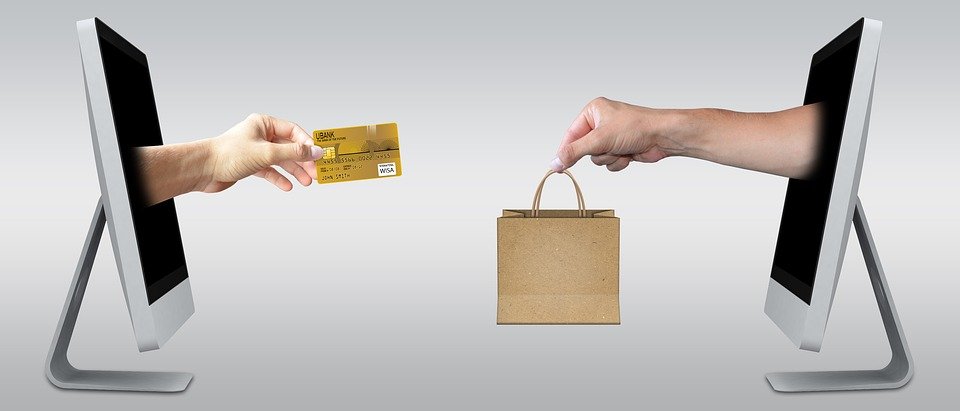Peer-to-peer or P2P platforms like Cash App are gaining popularity among users. Why are they so different from a conventional app?
Is it safe to pay directly from an app without the intervention of any centralized server? We tell you all the advantages and disadvantages of P2P networks for transfers.
Consumer technology has filled many aspects of our daily lives with convenience, and the smartphone is perhaps the central device in this entire information revolution. Living in a connected world is not only a matter of communication but also of other more practical and complex tasks such as business. Online payments have always inspired mistrust for many people. After all, this is your money. Trusting an app that asks for your bank account information is not the same as trusting another that only asks for a username and password. Therefore, finding a safe and reliable way for transactions is vital to adopt a platform.
P2P networks are a paradigm. It is a type of connection that has become very popular for payments in recent years, but its way of operating as such has existed almost since the web was invented.
What are P2P networks? Well, its name says so. Peer to peer refers to a network of computers, users, etc., that connect to each other without the intervention of a server or a third party. What does this mean? That everyone on a network is both a client and a server. Neither is in control.
This concept may sound somewhat technical, but one of the most common examples is traditional programs to download files directly from other users’ computers. Applications such as torrent clients or the classic Ares Galaxy, which basically allowed downloading a document from another user’s PC (as long as both are connected) without the intervention of an official server.
P2P networks may sound much more practical and even free from the complexity of other methods: there is no longer a central server (bank) that we have to depend on to carry out our activities and our connections are self-sufficient. However, the issue is more complex if we think about the security of our data.
First of all, a P2P network does not have a centralized administration of all the data that passes through it. It is basically a set of computers that are connected to each other through nodes, but there is no central unit that manages everything, there is no “watchful boss”.
The latter falls directly on security. As there is no server, each user is responsible for protecting their privacy and the integrity of their personal movements.
Another disadvantage is that, the greater the number of users, the greater the difficulty in managing a network and even in keeping a record of what is done, so it is even necessary for each one to keep backup copies of each piece of data consider relevant.
The above points may be somewhat general to understand the problems of P2P networks in transactions, but they have a useful application on a day-to-day basis. We show you some practical cases:
Fraud and identity theft: the convenience of “paying fast” also comes with greater risk go for “faster identity theft”.
There are no records of anything: many P2P payment apps do not have human beings or customer support. Interactions do not leave a record and paper statements are not provided.
What is the way forward?
P2P networks can be a real nightmare if we don’t know how to use them, but that doesn’t mean that they are a path that we should always avoid. Everything will depend on our good practices as a consumer and a little distrust, which is always necessary when dealing with money on the Internet.

